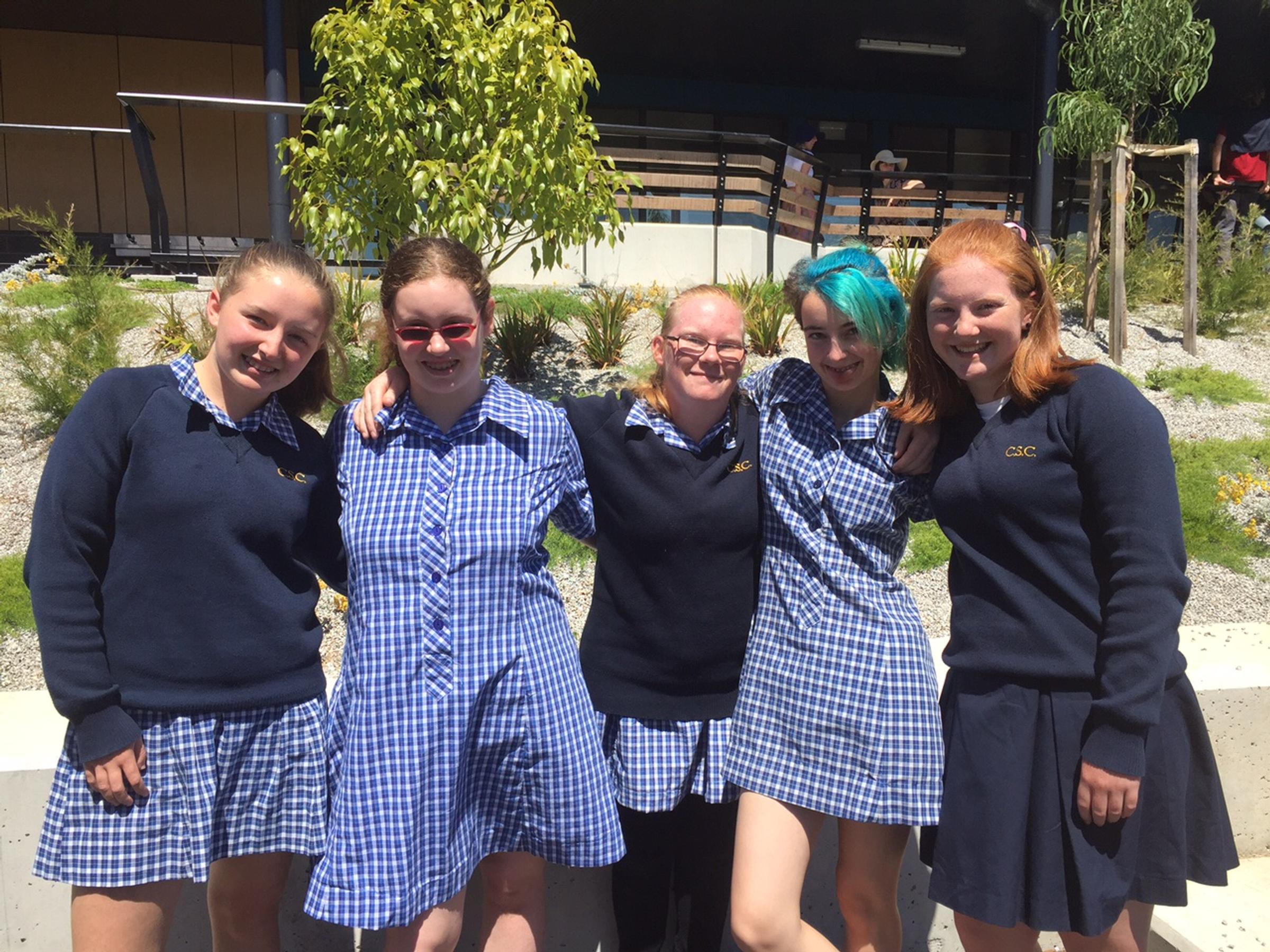Reach Out

Wellbeing Team Members
Alana Wearne (Head of the Wellbeing Team)
Lisa Cochrane (Student Wellbeing Worker/Chaplain)
Melissa Laragy-Walker (Guidance Counsellor)
Shera Blaise (Guidance Counsellor)
Kath Coff (Student Engagement Coordinator)
Alli McMillan (School Nurse) (Tuesdays and Wednesdays)
ReachOut.com/Parents
Introducing ReachOut.com/Parents….
When a parent recognises a teenager needs help, they’re more likely to get it. That’s why ReachOut Australia – the country’s leading online mental health organisation for young people – has introduced a free new service to help parents help teenagers. Free and available 24/7, ReachOut.com/Parents provides evidence-based practical support and tips that encourage effective communication and relationships between parents and young people aged 12–18 years, as well as easy-to-read information on a range of mental health and wellbeing issues. The service features more than 140 fact sheets, stories, practical tips and tools, and also provides access to an online community forum so that parents can connect with each other to share experiences in an anonymous, supportive space.
Teach your teenager to be a good friend
(Article taken from ReachOut.com/Parents)
We need to be conscious about how we model friendships and how we personally value them. Over years of watching you, your child will have seen your good and toxic friendships, arguments and fun times. They will listen to what is said by you about your friends – the good and bad. So use your experience to teach your teenager about choosing and developing positive friendships.
Things to teach your teenager about being a good friend:
Treat others as you wish to be treated. By showing respect to others, they are more likely to be respectful to you.
Show your friends that you value them. Actions speak louder than words, so encourage your child to nurture their friendships through kindness, respect and being supportive.
Nobody is perfect. An occasional fallout between friends is natural - all children go through friendship conflicts. If your child is upset with a friend, support them in working out their problems.
Teach them that forgiveness can help forge stronger friendships.
Not all friendships are forever. Everyone changes over their lifetime and the friends that your child is close to now, might not be the friendships that serve them in years to come.
Trust your instincts. If your child has a bad feeling about a friendship or isn’t sure the friendship is good for them, they should feel confident to withdraw from that person.
Encouraging them to talk it through with you or someone they trust can give them to confidence to take action.
By learning the skills to be a good friend, your child is more likely to build a strong and supportive peer network. This is key to their wellbeing and their ability to deal effectively with challenges that arise through the teenage years.







